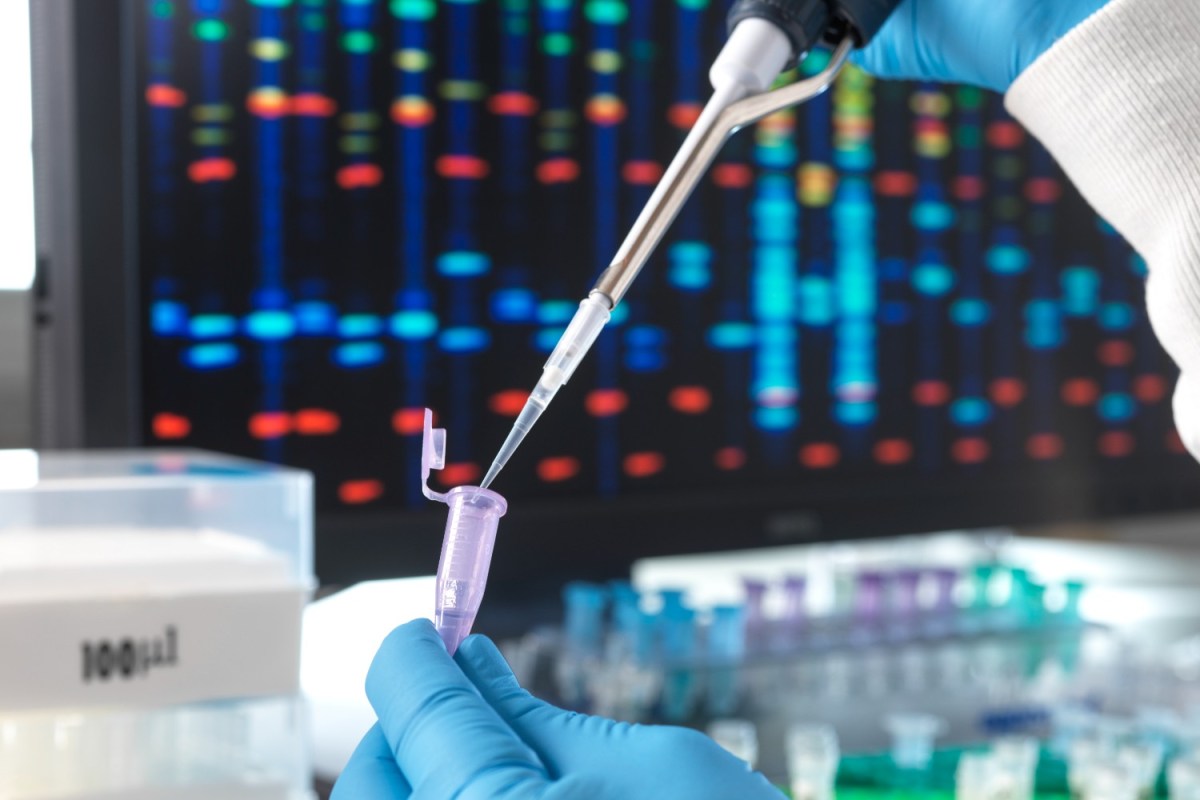Using DNA to crack cold cases has been in the news a lot in recent years, with the 2018 arrest of Joseph James DeAngelo Jr. for the crimes committed by the Golden State Killer being perhaps the highest-profile example. Given the growing number of people submitting their DNA to track their own familial histories or to learn about potential health issues, it’s not surprising to know that private companies have a growing database of genetic information on file.
What’s less clear is the extent to which law enforcement can access that data. In a new investigation from The Intercept, Jordan Smith looked into the privacy issues surrounding DNA databases. Some companies, Smith noted, don’t share individuals’ DNA with law enforcement at all; others provide customers with the ability to opt out of sharing their DNA with police or other agencies.
Here’s where things get tricky: it turns out there’s a way for law enforcement to work around this, in at least some cases. As Smith writes, genealogists can “trick the system into showing opted-out profiles.”
As for whether or not you should be concerned about this, it can depend on where you’ve updated your data. Smith writes that both Ancestry and 23andMe bar law enforcement from searching through their databases. FamilyTreeDNA and GEDmatch, however, both allow law enforcement to search but give users the option to opt out. According to The Intercept’s reporting, GEDmatch contains a loophole that allows researchers to explore opted-out profiles as well as those who have given their approval for police to review those materials.
The 23andMe of Cannabis Tailors Strains to Your Exact DNA Profile
EndoCanna Health goes way beyond the “indica or sativa” situationFor anyone concerned about privacy, this is a worrisome revelation. You have every right to be concerned about the privacy of your genetic records — and that includes being secure that if you’d prefer that it not be shared, that it’s not getting shared.
Thanks for reading InsideHook. Sign up for our daily newsletter and be in the know.


















